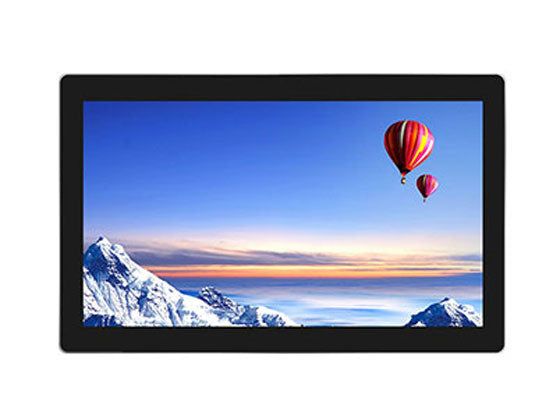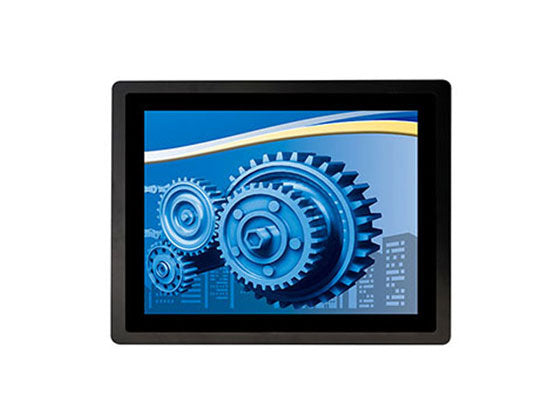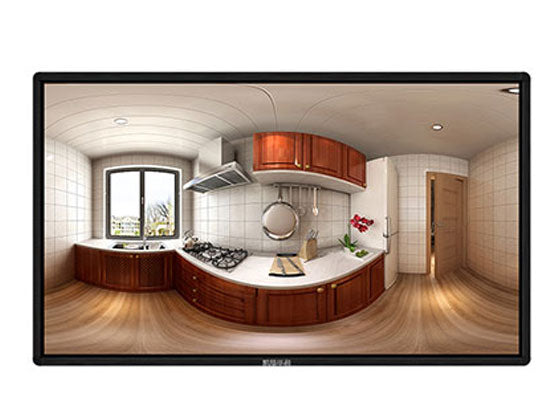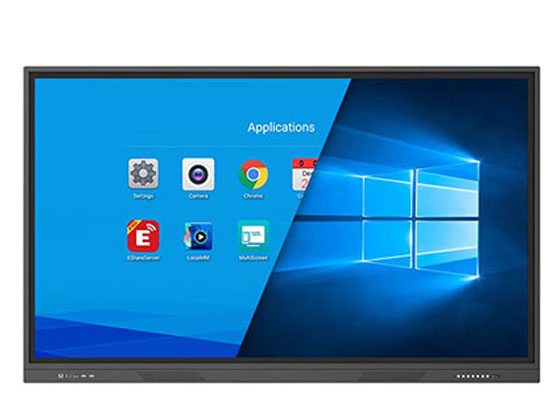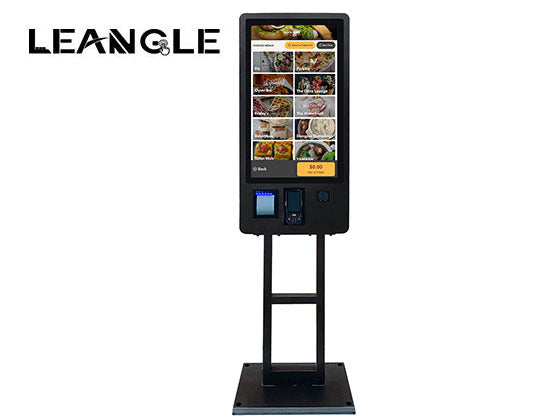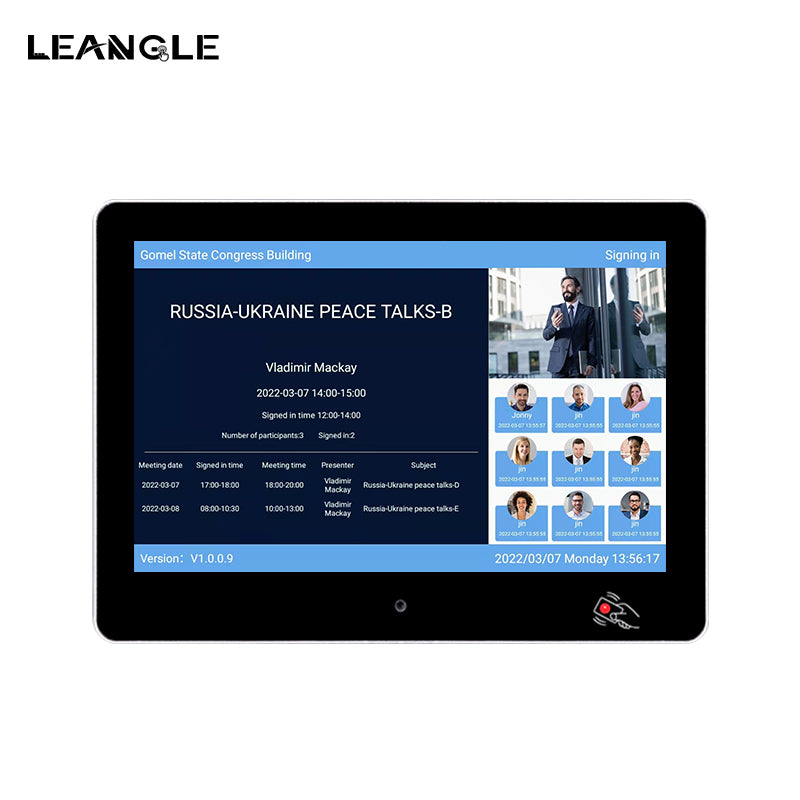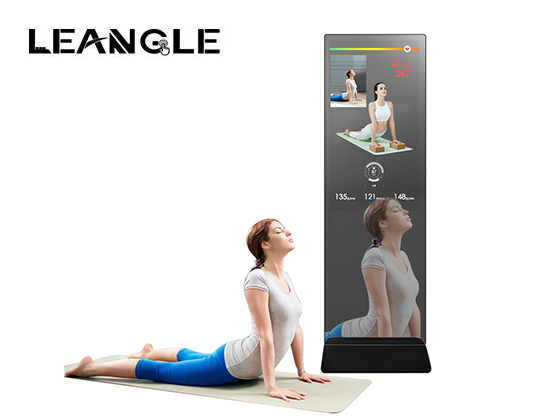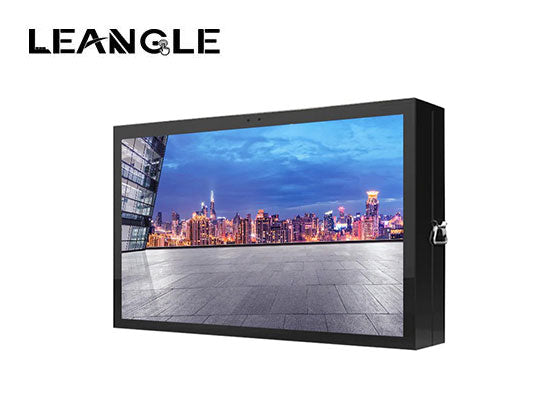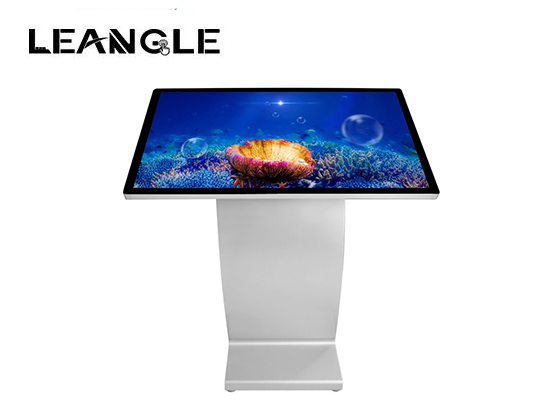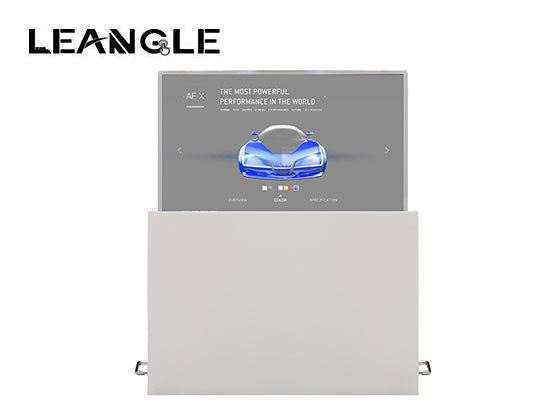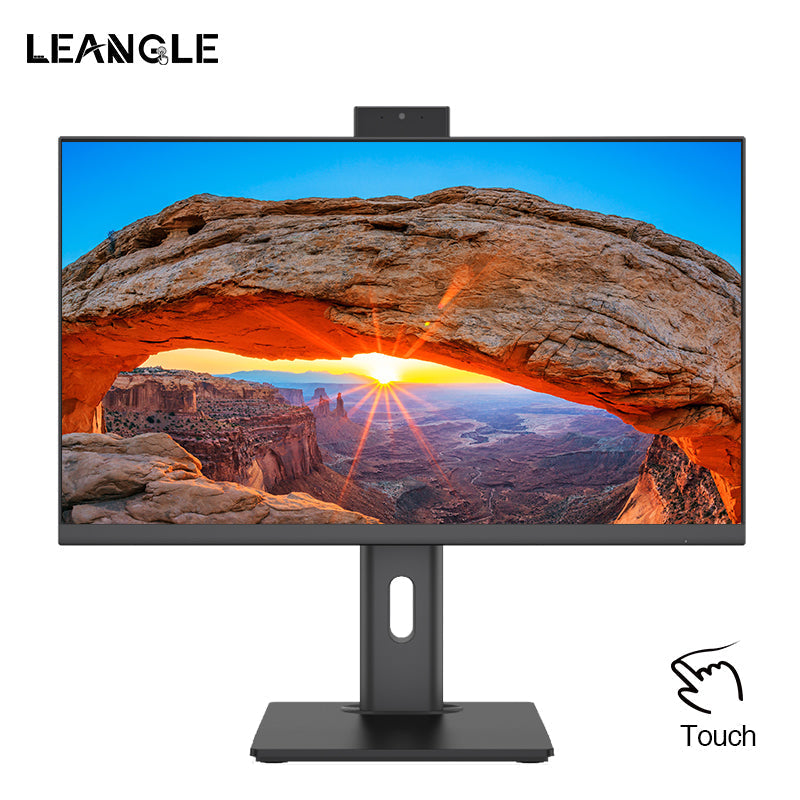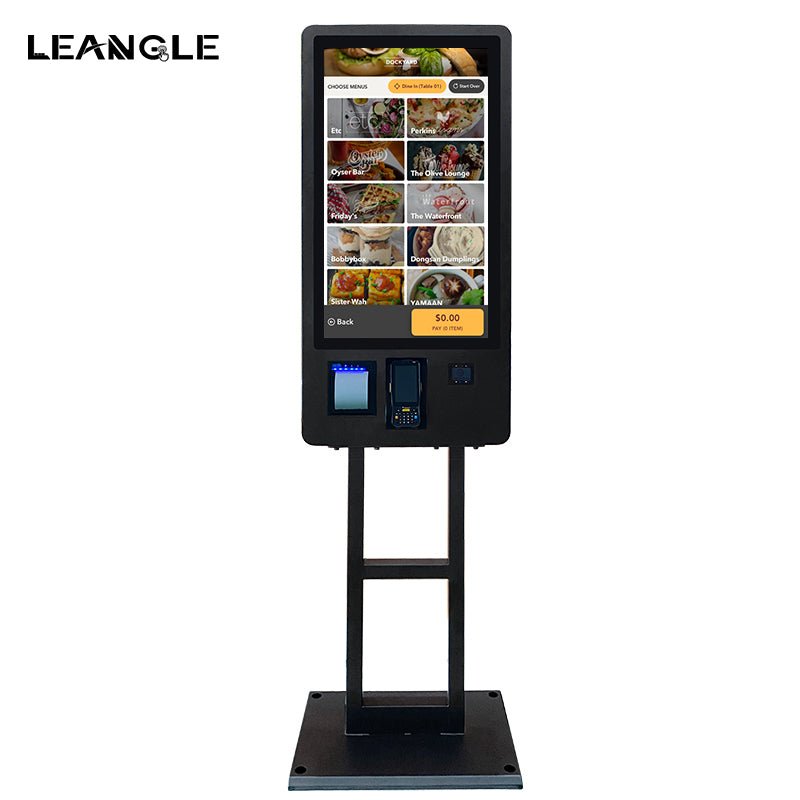Why Desktop Touch Monitors Are Revolutionizing Work & Play
Imagine controlling your computer as naturally as you use your smartphone—that's the power of desktop touch monitors. These innovative displays combine crisp visuals with intuitive touch controls, transforming how we interact with technology in offices, classrooms, and creative studios.
At Leangle, we've engineered our Desktop Touch Monitor series to deliver professional-grade performance with consumer-friendly simplicity. Let's explore what makes these displays special and how they can upgrade your digital experience.
Key Features That Set Leangle Touch Monitors Apart
1. Ultra-Responsive Touch Technology
-
10-point multi-touch support (recognizes all finger gestures)
-
3ms response time – faster than most smartphones
-
Anti-glare coating reduces fingerprints and reflections
Real-world benefit: Graphic designers report a 25% faster workflow when directly manipulating images versus using a mouse.
2. Stunning Visual Performance
| Specification | Detail | ||||
|---|---|---|---|---|---|
| Resolution | 4K UHD (3840 x 2160) | ||||
| Color Accuracy | 100% sRGB / ΔE<2 | ||||
| Resolution | 1920*1080 | ||||
| Viewing Angle | 178° | ||||
| Response Time | <5ms | ||||
| Color Depth | 8-bit, 16.7M | ||||
| Brightness | 250 cd/㎡ | ||||
| Lifespan | 100,000 hours | ||||
| Aspect Ratio | 16:9 | ||||
3. Ergonomic Design Innovations
-
Height-adjustable stand (150mm travel range)
-
VESA mount compatible (75x75/100x100mm)
-
Cable management system keeps desks clutter-free
5 Unexpected Ways Professionals Use Touch Monitors
-
Digital Artists
Pressure-sensitive stylus support turns the screen into a giant drawing tablet -
Restaurant POS Systems
Glove-compatible touch works through kitchen grease and moisture -
Scientific Research
Pinch-to-zoom makes analyzing microscopic images intuitive -
Financial Trading
Customizable hot zones for rapid access to trading tools -
Education
Multi-user touch enables collaborative learning activities
Touch Monitor vs. Traditional Displays: What's the Difference?
Traditional Monitor
-
Passive viewing experience
-
Requires separate input devices
-
Limited interactivity
Leangle Touch Monitor
-
Direct manipulation of content
-
10x faster navigation for certain tasks
-
Enables new workflows (e.g., digital signatures)
Technical Deep Dive: How Our Touch Technology Works
Projected Capacitive (PCAP) Layers
-
Sensor Grid: Microscopic wires create an electromagnetic field
-
Touch Detection: Finger contact distorts the field's capacitance
-
Controller Processing: Dedicated chip calculates touch coordinates
-
Software Integration: Windows/Mac/Linux compatible drivers
Fun fact: The screen can detect touches through 2mm of glass—perfect for protective covers!
Choosing the Right Size for Your Needs
| Size | Best For | Recommended Model |
|---|---|---|
| 23.9" | General office use | Leangle T240 |
| 27" | Creative professionals | Leangle T275 |
| 32" | Collaborative spaces | Leangle T320 |
3 Common Myths About Touch Monitors
Myth 1: "They're just for tablets and phones."
Reality: Modern touch monitors support full desktop workflows, including CAD and video editing
Myth 2: "The screen gets dirty easily."
Reality: Our oleophobic coating resists smudges 60% better than standard glass
Myth 3: "They're too expensive."
Reality: Prices have dropped 40% since 2020, while quality improved
Future Trends in Touch Display Technology
-
Haptic Feedback (Coming 2024)
-
Simulates texture when touching the screen
-
-
AI-Enhanced Touch
-
Predicts user intentions (e.g., auto-completing gestures)
-
-
Self-Cleaning Surfaces
-
Photocatalytic coatings that break down oils
-
Ready to Experience the Difference?
Leangle's Desktop Touch Monitors combine professional performance with intuitive operation—whether you're designing the next masterpiece or running a busy restaurant.

